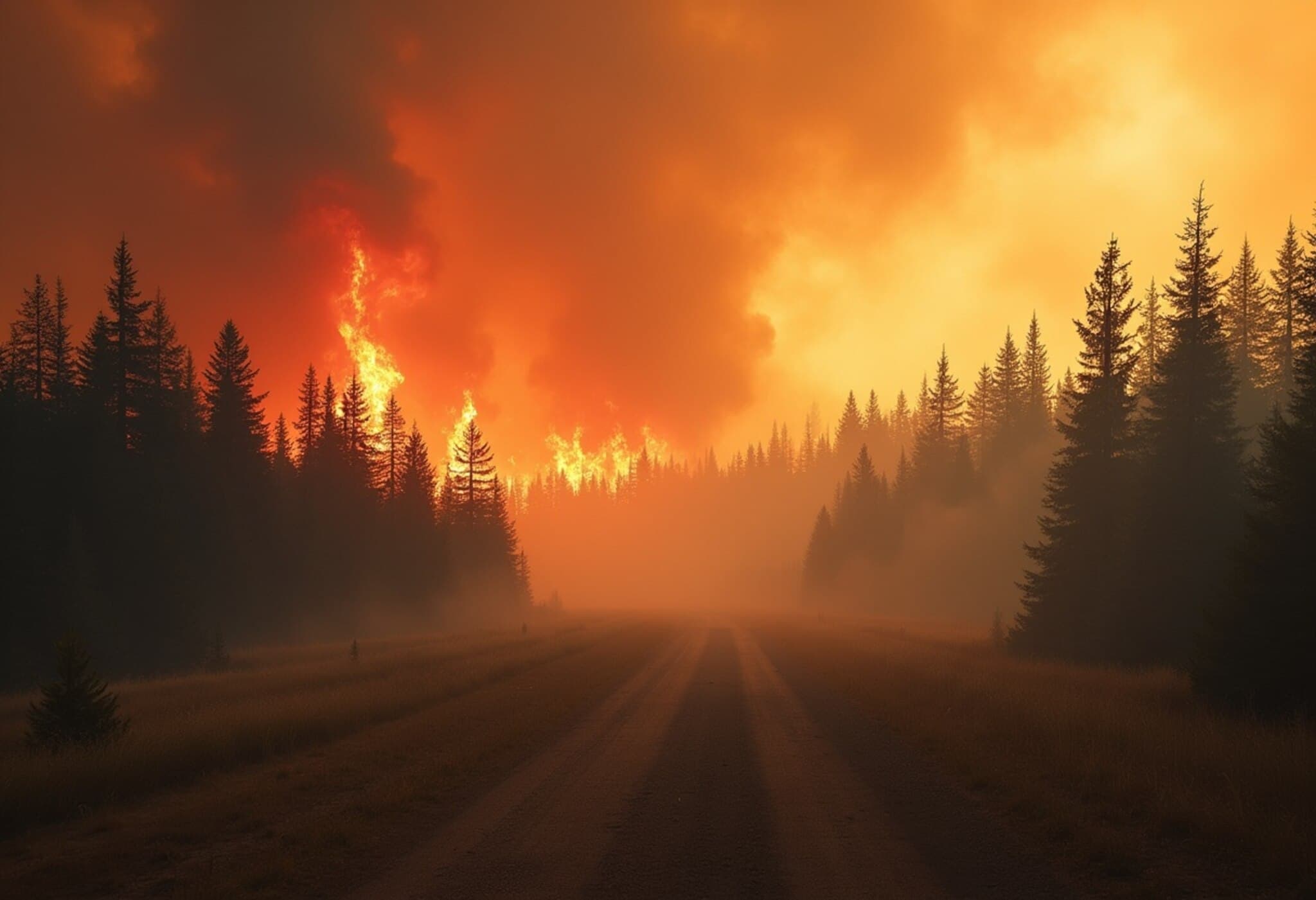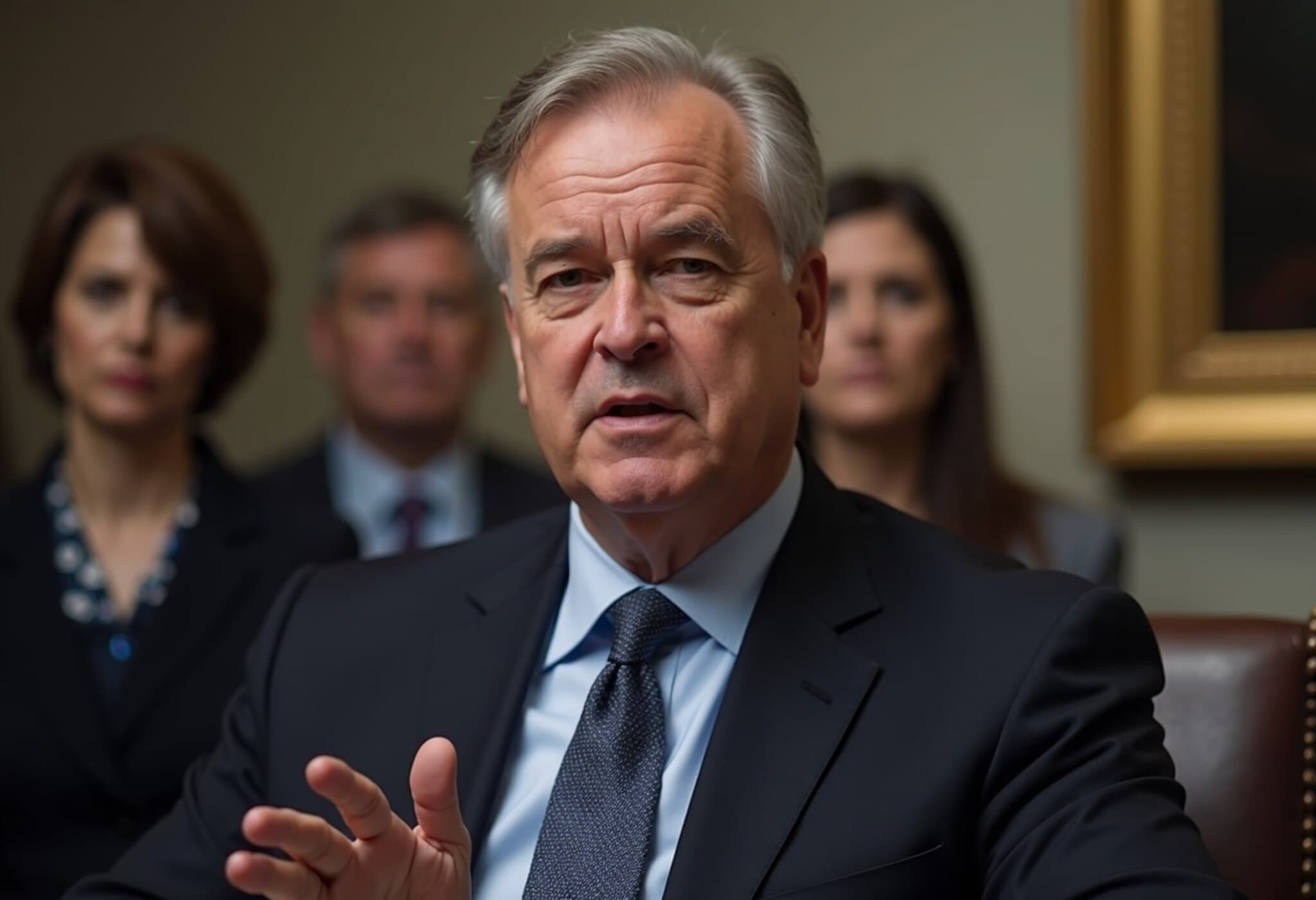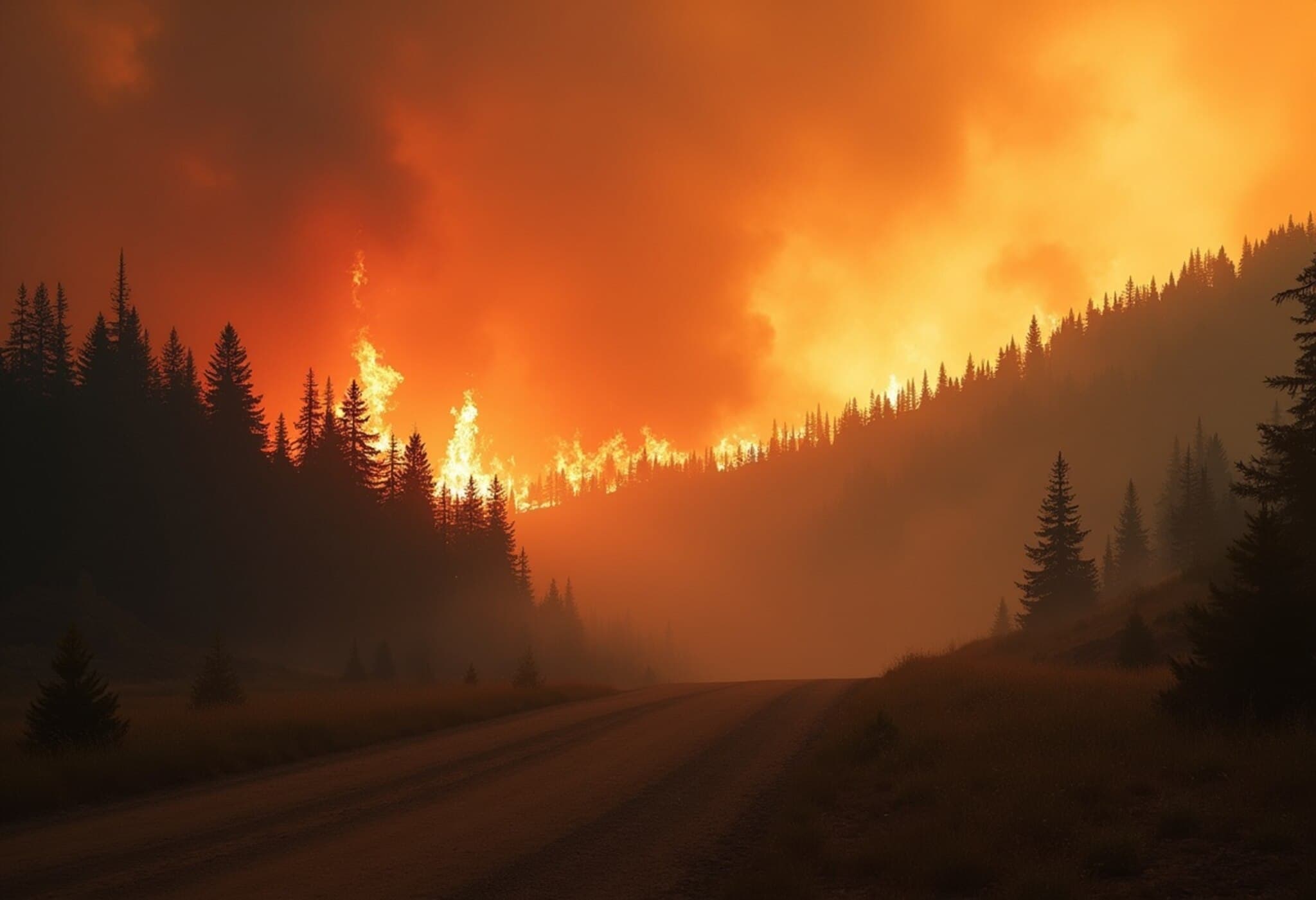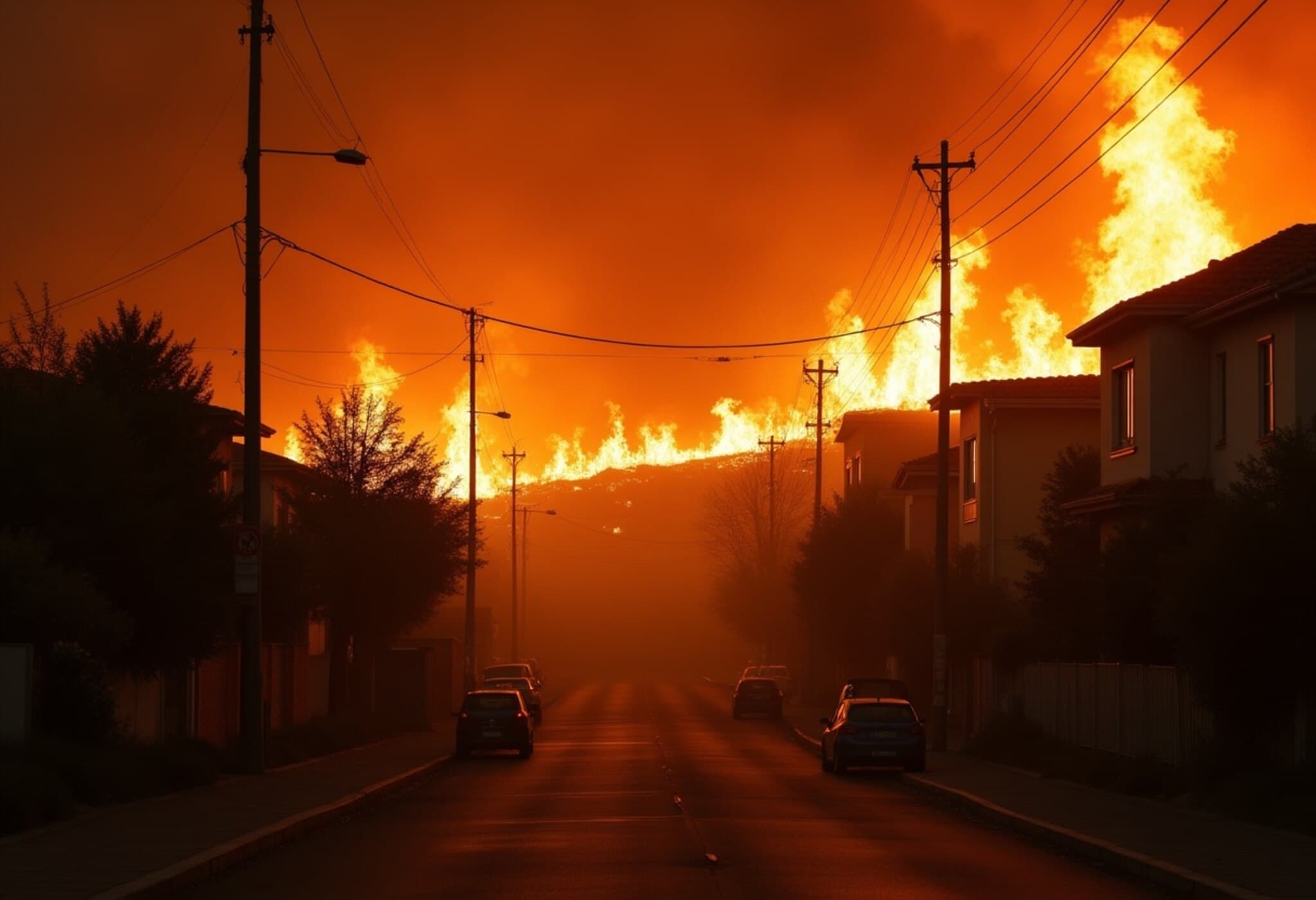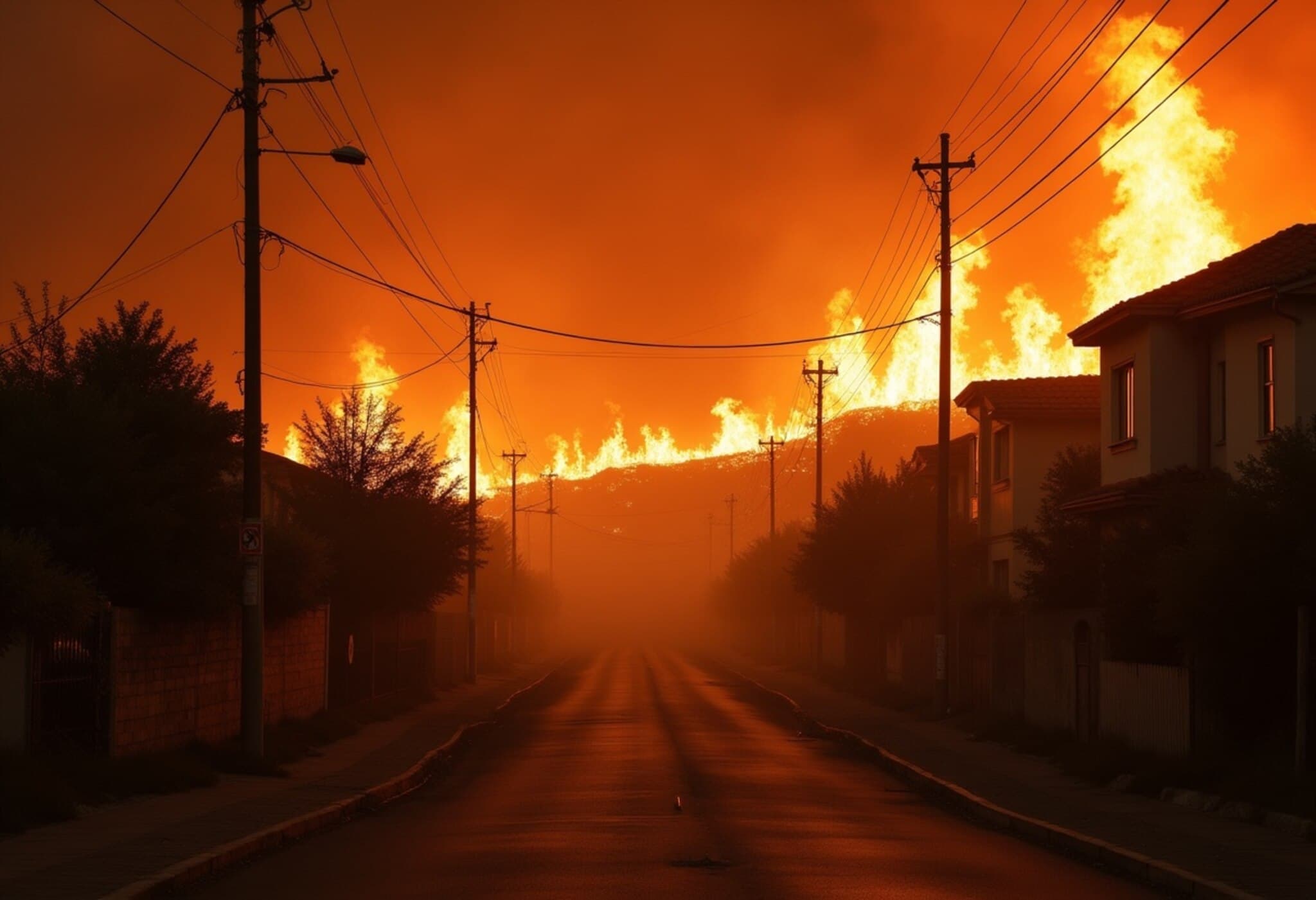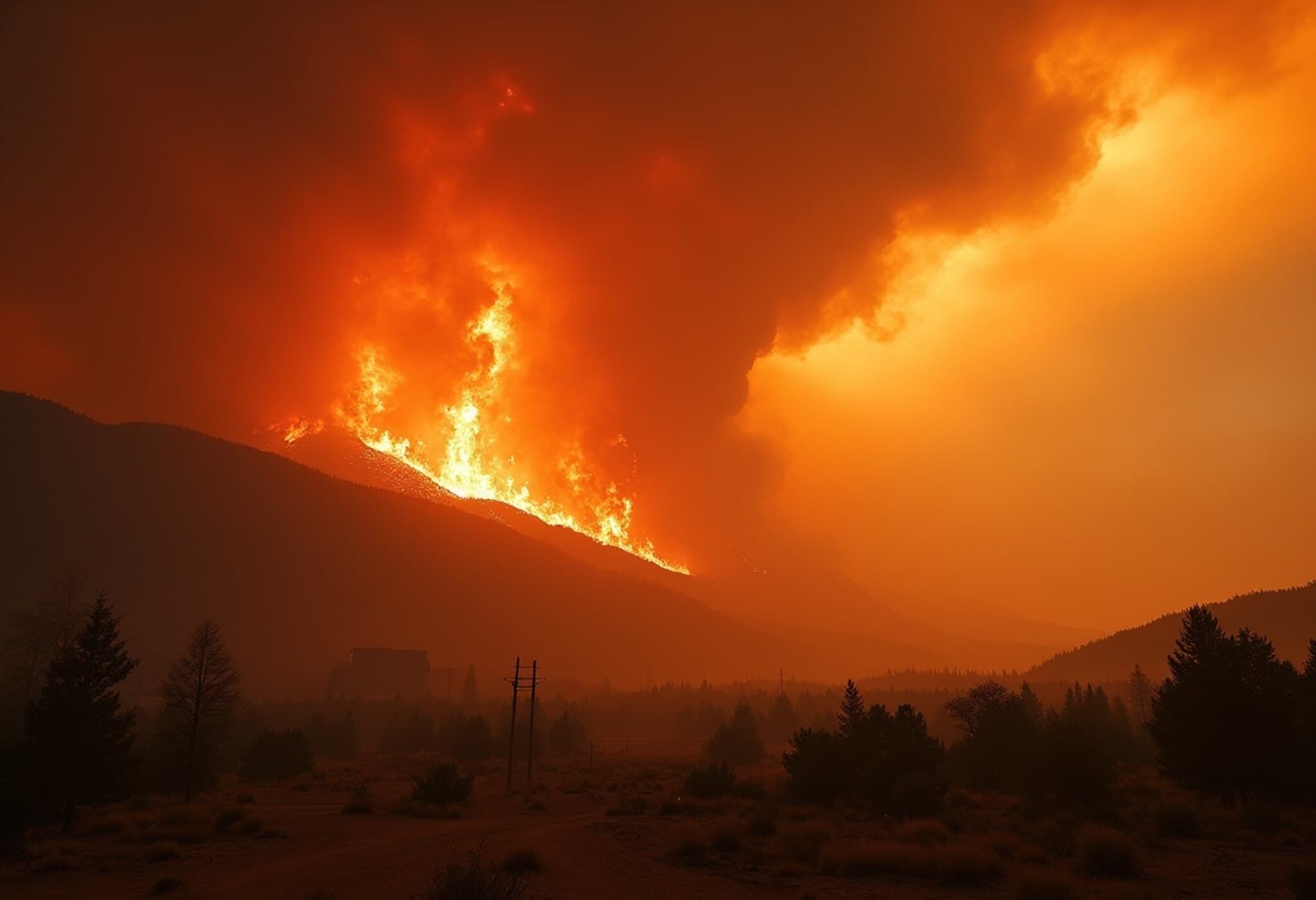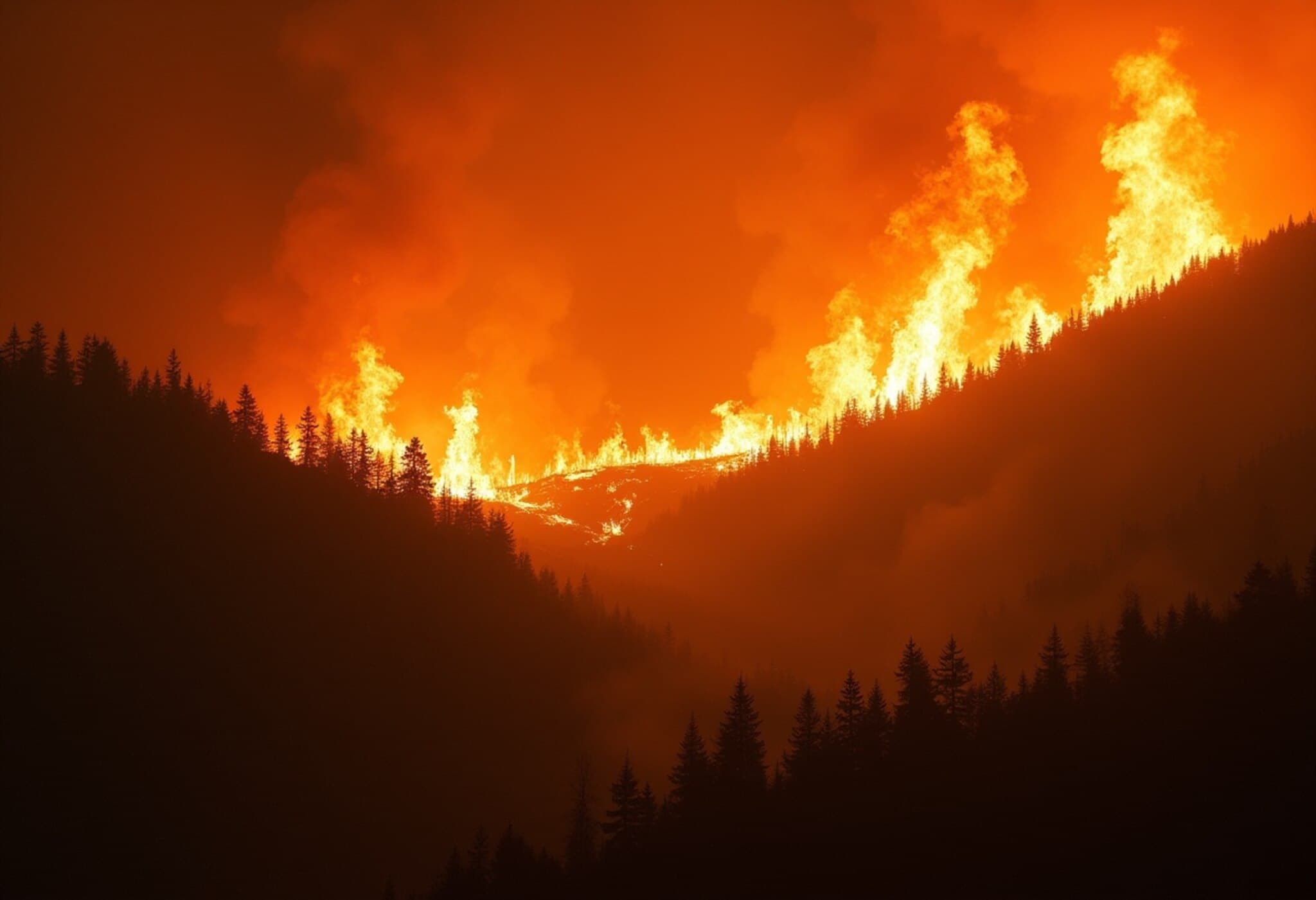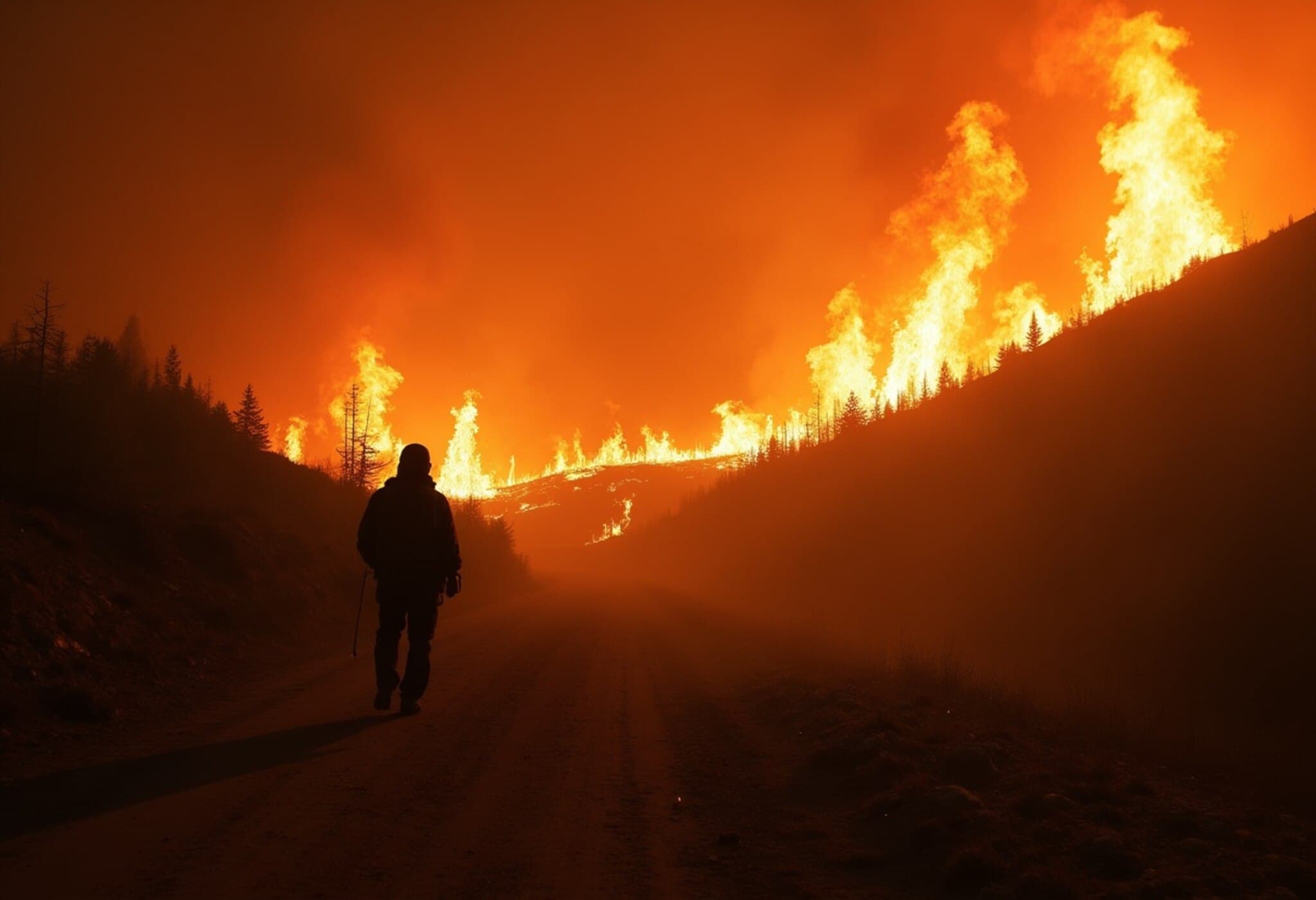US Lawmakers Demand Canadian Action on Wildfire Smoke Impacting Midwest
As wildfires continue to rage across parts of Canada this summer, their lingering smoke is clouding the air over many American states, notably in the Midwest. This environmental challenge has prompted six Republican members of Congress from Wisconsin and Minnesota to formally seek answers from Canada regarding its wildfire containment strategies.
‘Suffocating’ Smoke Disrupts Summer Traditions
In a letter addressed to Kirsten Hillman, Canada’s Ambassador to the United States, the lawmakers expressed their frustration with the heavy haze that has disrupted outdoor activities during what is typically a prime season for family gatherings and recreation.
“In our neck of the woods, summer months are the best time of the year to spend time outdoors recreating, enjoying time with family, and creating new memories,” the representatives wrote. “But this wildfire smoke makes it difficult to do all those things.”
Tom Tiffany, a Republican congressman from Wisconsin and one of the letter’s signatories, took to the social media platform X to underscore the issue, stating that “Our communities shouldn’t suffer because of poor decisions made across the border.”
Accusations of Lax Forest Management
The letter notably accused Canada of insufficient forest management practices that have allegedly contributed to prolonged and intense wildfires, translating into dense smoke drifting southward and affecting air quality stateside. Alongside Tiffany, the letter was endorsed by Glenn Grothman (WI), Brad Finstad, Pete Stauber, Tom Emmer, and Michelle Fischbach (all from MN).
Canada’s Response and Regional Reactions
A spokesperson for the Canadian Embassy, Tarryn Elliott, responded by emphasizing Canada’s commitment to “prevention, response, and mitigation of wildfires”, stating that the government is reviewing the concerns raised and planning a formal reply.
However, not all voices on the Canadian side are aligning with the U.S. lawmakers’ criticism. Wab Kinew, Premier of Manitoba—a province severely impacted by recent wildfires that tragically claimed two lives in May—spoke out against the letter. He accused the representatives of attempting to “trivialize and make hay out of a wildfire season where we’ve lost lives in our province.”
The Broader Context: Cross-Border Environmental Challenges
Wildfire smoke drifting across the US-Canada border highlights a growing regional environmental concern. As climate change intensifies weather extremes, the frequency and severity of wildfires have escalated in North America, making cross-border cooperation more critical than ever.
From an American policy perspective, this episode raises questions about international environmental collaboration and shared responsibility. Effective wildfire management transcends national boundaries, requiring synchronized efforts in forest management, emergency response, and public health protection.
Moreover, the health implications of wildfire smoke—ranging from respiratory issues to exacerbation of chronic illnesses—pose a serious public health challenge not only for affected regions but also for healthcare systems across the border.
Underreported Narratives and What Lies Ahead
- Local community impact: While the political exchange focuses on government accountability, many residents on both sides suffer acute disruptions, with vulnerable populations disproportionately affected.
- Indigenous lands and forest stewardship: Indigenous communities in Canada play a crucial role in land management; their perspectives and traditional knowledge are central to sustainable wildfire mitigation efforts.
- Climate policy implications: This cross-border smoke issue underscores the urgency for integrated climate resilience strategies in North America.
Moving forward, transparent dialogue and joint initiatives may pave the way for more effective wildfire control and air quality preservation, benefiting both Canadian and US populations.
Editor’s Note
This issue serves as a poignant reminder that environmental crises do not recognize political borders. The recent exchange between US lawmakers and Canadian officials spotlights larger questions about collaborative climate action, the balance between political rhetoric and scientific response, and the human toll of ecological disasters. Readers are encouraged to consider how neighboring nations can transcend political blame to forge meaningful partnerships addressing these shared challenges.

